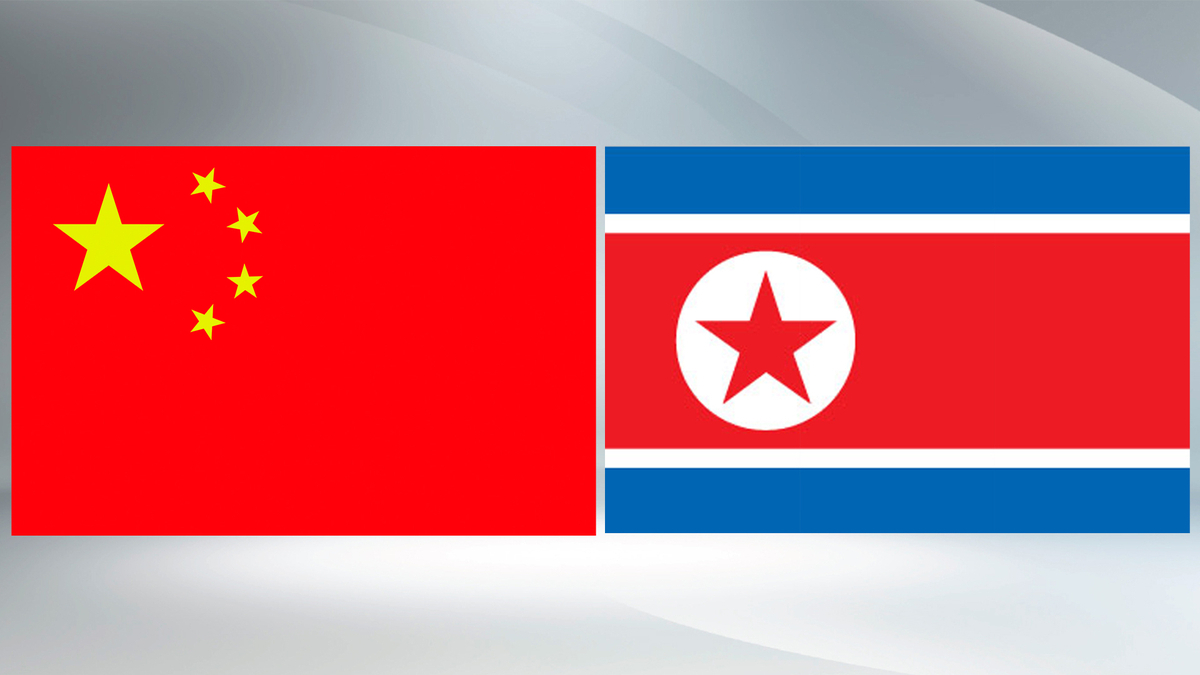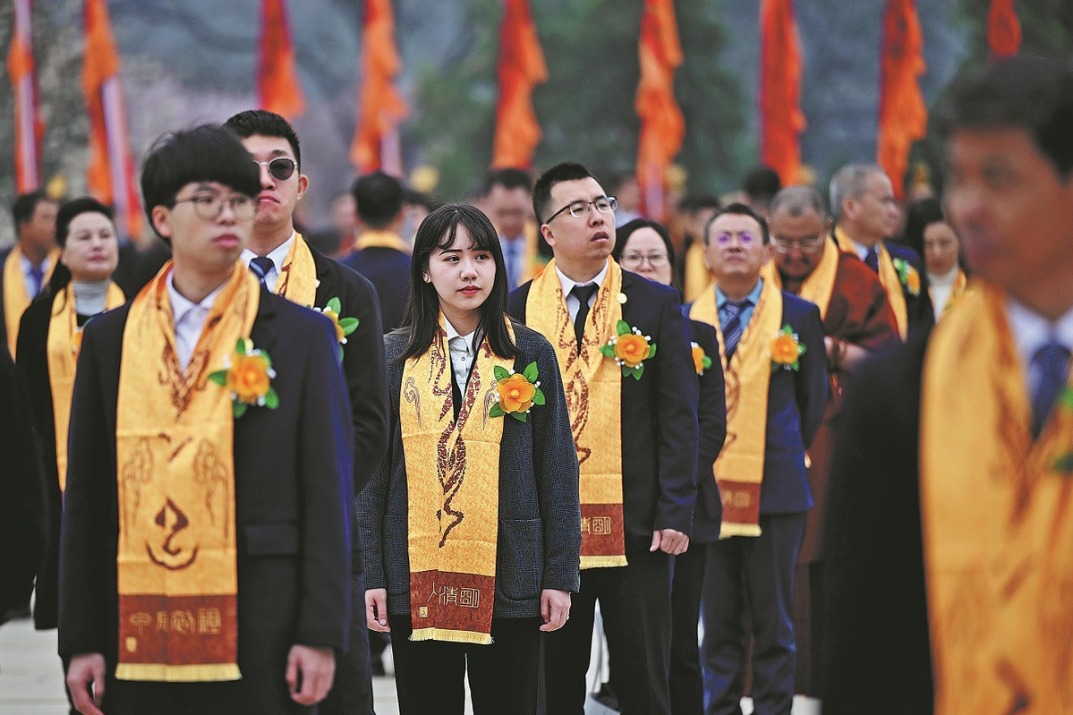Kim's China visit sends positive signals
By Liu Yueqiao | chinadaily.com.cn | Updated: 2019-01-08 15:07

Kim Jong-un, the top leader of the Democratic People's Republic of Korea, who is on a four-day visit to China from Monday, has laid extra emphasis on the country's economic development this year in addition to giving a call for peace. Reaffirming the DPRK's commitment to denuclearize the Korean Peninsula in his New Year speech, Kim also said he was willing to promote ties with both the Republic of Korea and the United States. And he asserted that he was ready to hold a second meeting with US President Donald Trump at any time.
Apart from extending the goodwill message in his New Year speech, his first foreign visit this year also sends some positive signals. To begin with, it shows that the consensus reached by China and the United States to jointly work toward the settlement of the Korean Peninsula nuclear issue has come into play.
As for Pyongyang, it has fulfilled part of its purposes of directly negotiating with the US, and making efforts to restore normal relations with the superpower and have the sanctions lifted. While Washington remains at the crux of the problem, Beijing has been playing an important role toward the settlement of the peninsula nuclear issue, a fact Kim's ongoing visit attests to.
As a sovereign country, the DPRK may solicit China's views on the peninsula denuclearization process, but it has its own foreign policy and development strategy. China has been making efforts to promote peace on the peninsula as a responsible regional power. The need is for other related countries to take concrete measures toward the same goal rather than trying to scuttle the process.
Given that Kim and US President Donald Trump are expected to hold a second meeting this year, Kim may want to seek China's opinion on the issue first. If the two leaders meet as widely expected, it could reveal some information on the DPRK's reform path. Besides, as a champion of reform and opening-up for 40 years, China has a lot of experience to share with its neighbor when it comes to economic reform.
Speaking of reform, Kim hardly mentioned nuclear weapons in his New Year speech; instead, he made developing a self-sufficient socialist economy the first priority, which marks a significant shift from the past. Notably, the DPRK has also agreed to reopen the Kaesong industrial complex and the Mount Kumgang tourism zone without preconditions, which is a rather generous gesture on the part of the DPRK.
Kim also stressed that Pyongyang will seek strategic readjustments and focus on human and material resources for economic development. Underlining the country's uniform guidance on economic development, he also said improved and innovative management methods should be used to motivate workers and bring out their creativity while the Cabinet and economic governing bodies should use economic leverage to increase production.
This is a clear signal of further economic reform, which began after Kim assumed office in 2012, albeit with less than satisfactory scope and results. Kim even said the military industry should support economic development, which is a welcome move given that in the DPRK always insisted on a "military first" policy.
All this means Pyongyang is set to make some progress in economic reform in 2019. Yet given the years of economic downturn, worsened by continuous Western sanctions, the reform would be possibly implemented gradually, so instant results should not be expected.
Not surprisingly, Kim has spoken highly of the new situation on Korean Peninsula, saying radical changes not seen in almost seven decades have taken place. Emphasizing the common ethnic root of Koreans on both Koreas, he said that once the Korean people unite and work together, they could make the peninsula a peaceful and prosperous place for all.
As part of his goodwill gesture, Kim also wrote ROK President Moon Jae-in a handwritten letter earlier, in which he proposed to continue working with Seoul to promote peace and prosperity on the peninsula. He also stated his readiness to hold the second summit with Trump and build a new type of DPRK-US relationship.
Nonetheless, Kim has adopted a two-pronged approach, threatening to fight for the country's sovereignty and interests if the US doesn't honor its promises and takes actions against the DPRK based on misjudgments. He also said Washington should stop the joint military exercise with Seoul and stop deploying strategic military assets in the ROK.
The key to making breakthroughs in the peninsula nuclear issue depends on whether the US and the DPRK can adjust their policies to improve mutual trust. In the meantime, the DPRK needs to draw on its experiences and focus on developing its economy and improving the people's living standards.
For that, it has to stick to the path of denuclearization and take measures to convince the international community that it remains committed to abandoning its nuclear weapons and programs. That hopefully would prompt the international community to ease the sanctions, which would be helpful to both the DPRK's economic development and the negotiations on the peninsula nuclear issue.
As for the US, it should sincerely take into consideration the DPRK's security interests and appeals and reach a consensus with the DPRK on specific steps of denuclearization and normalization of bilateral ties as quickly as possible. More important, Washington should gradually lift the economic sanctions against Pyongyang, as it is an effective way to de-escalate tensions and restore peace on the Korean Peninsula.
The author is a research fellow at the Center for Northeast Asian Studies, Jilin Academy of Social Sciences.























